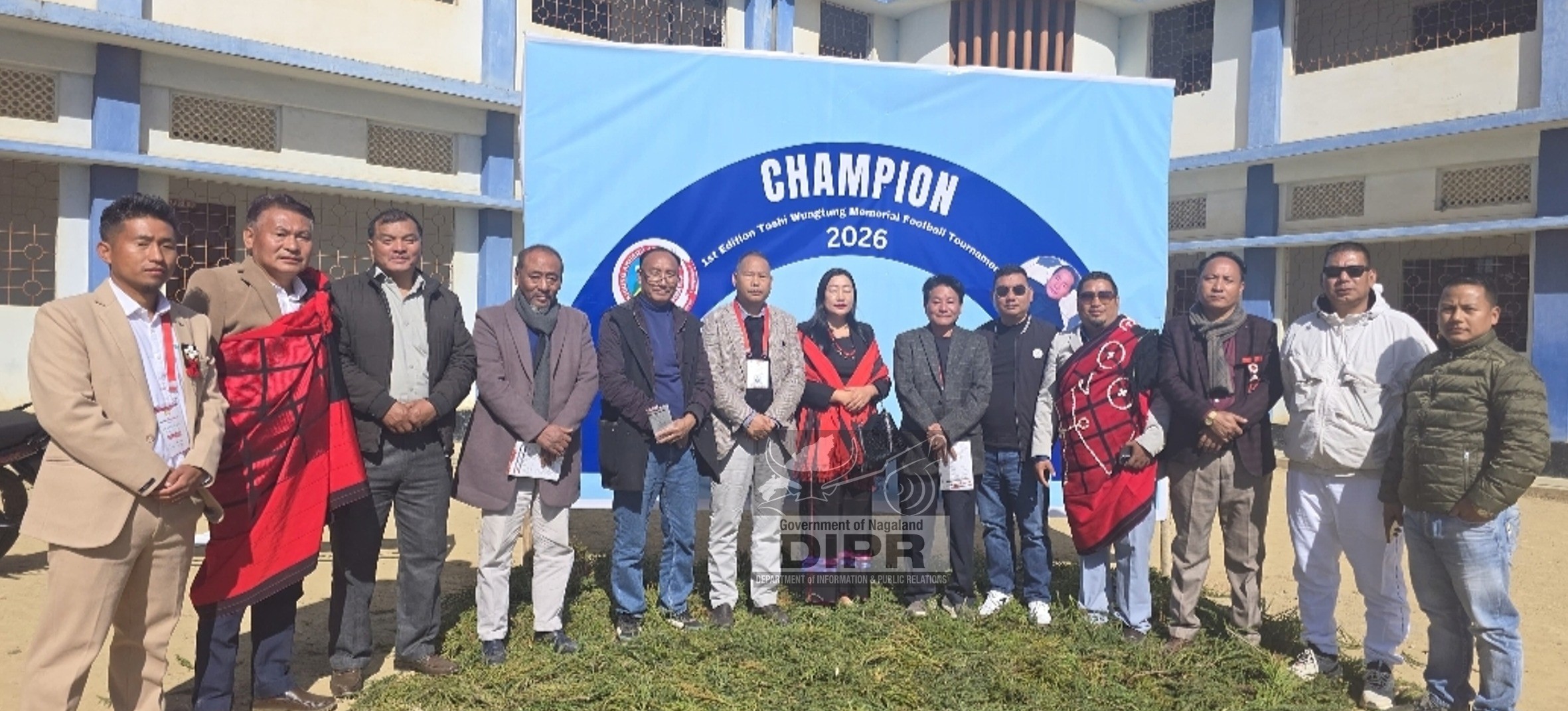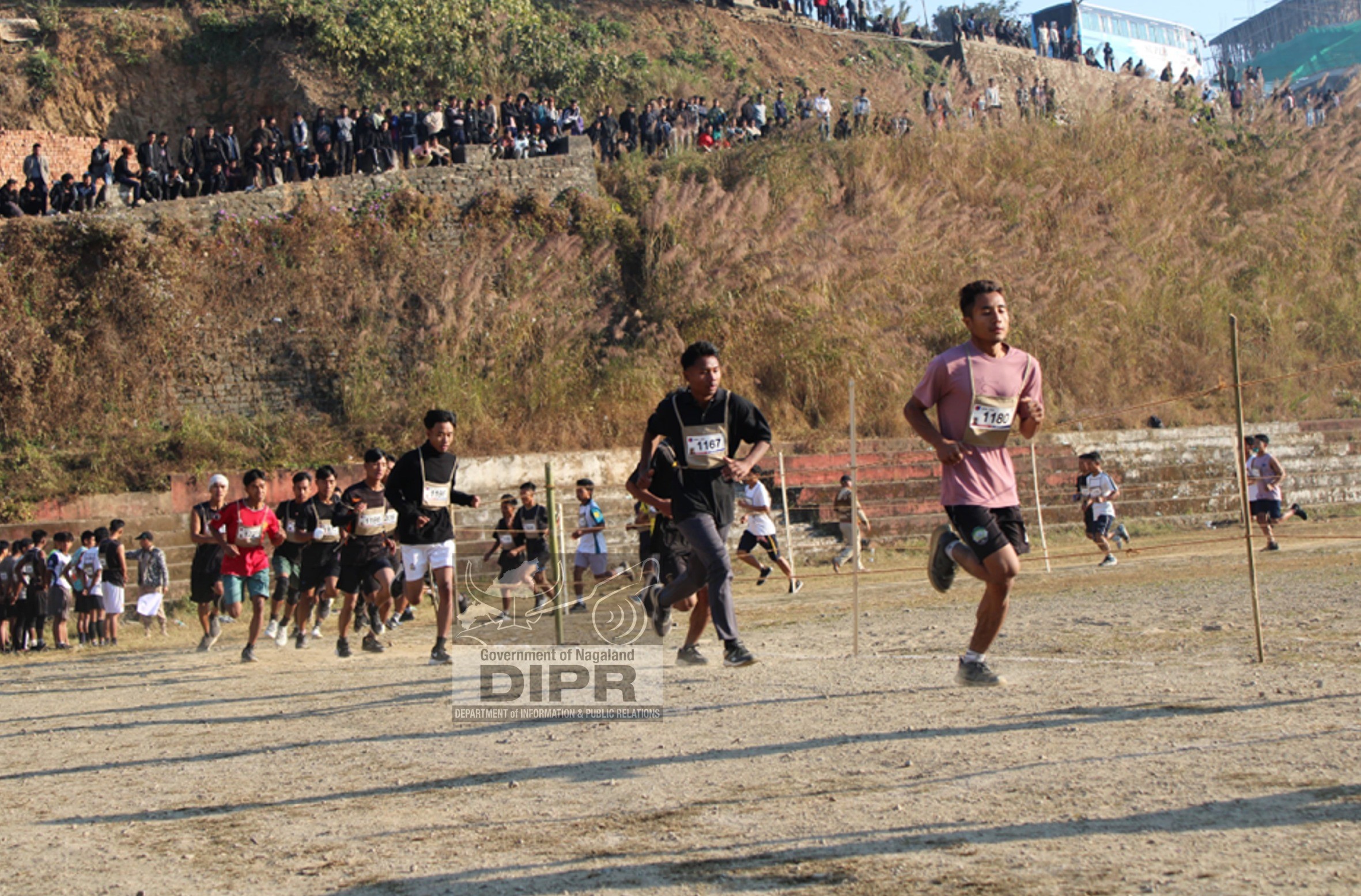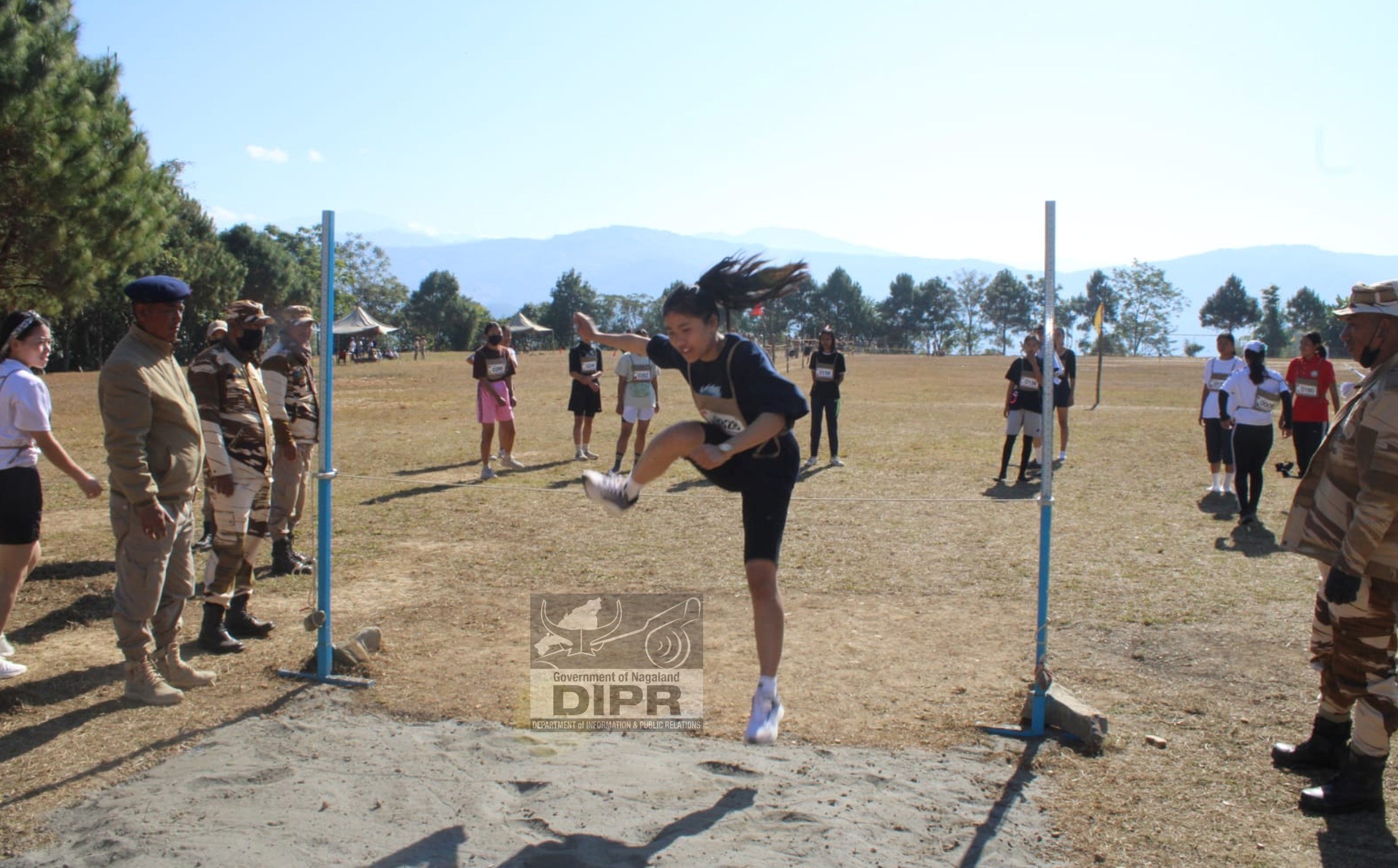Field demonstration on Nursery bed preparation for cole crops (Boccoli and Cabbage) were conducted on 25th August 2020 at Phesama village with an FIG of 10 youth women members.
ATM, Atuno Zinyu gave a detailed hand on demonstration on bed preparation, where a raised seed bed of 1 meter wide and 15 cm high and of convenient length according to the condition of the plot was prepared. The seeds were then sowed thinly in rows followed by mulching with dried grass and straws. The importance and advantages of nursery bed preparation for cole crops where it keeps them away from insect and pest infections also saving of land and labour, avails more time for the preparation of main field till the seeds germinates to desire size suitable for transplanting were shared to the farmers. The importance of mulching where if keeps the soil moisture content, prevents weed growth and protects the seeds from excessive heat or rain was also highlighted.
Another field demonstration on cultivation practices of Garlic and soya bean was conducted at Viswema village on the 26th of August 2020 where the program was attended by members of an FIG. ATM, Neitouzo Belho gave a method demonstration on cultivation of both the crops prior to the field demonstration, where selection of field, type of soil, seed selection, field preparation and method of sowing were taught to the farmers through visual pictures. Ridge and furrow system was followed for sowing.
Within district farmer’s exposure visits was also conducted for farmers of Jakhama Block under Kohima district to Tsiese Basa Coffee nursery farm and Nerhe Pheza Tea Farm School under Chiephobozou Block on 28th August 2020. The objective of the exposure visit was to enable farmers from different blocks, regions to interact with and learn from each other, allowing them to view practical examples of successful integration of sustainable practices in farming communities like their own. At Tea farm school, the farm teacher, Mesechüü briefly shared on how she started her tea farm, which was later recognised by ATMA Chiephobozou block as Tea farm school in 2016. After encountering many difficulties in maintaining the farm, farm expansion through raising her own tea nurseries both from cuttings and seeds, today she canprocess the tea through traditional method and could sell her organic tea products in both tea and green tea. Mesechüü also demonstrated on her traditional method of tea processing using traditional tools. The farm teacher encourage her fellow farmers not to lose hope in taking up any farming as it will one day reap its fruit and that with this pandemic one must be able to sustain ones need which is only possible through farming. She challenged the farmers to go for tea plantations saying, “If it grows well here at Nerhe Pheza, why not in other parts of the district?”
The team also visited Coffee Nursery farm at Tsiese Basa where the farm owner, Dr. Vibeilie Mere apprised the farmers on the importance, benefits, schemes and subsidies where the farmers can avail in taking up coffee plantation. He stated that 32 lakhs of coffee saplings has been distributed till date in Nagaland, and that many plantations have come up successfully in different parts of the state some yet to set up. Once the field verification is approved, a farmer can avail free plantation material through LRD along with free training which is in turn linked with Coffee Board, then through 2 instalments ₹35,000 per instalment will be given to the beneficiary. Apart from it the farmer can also avail machineries at 75% subsidy rates once it is linked with the coffee board. He stated both Robusta and Arabica species are available in Nagaland and that Kohima district with natural shade as less jhuming is practiced which is best suited for coffee, also reminded the farmers on the agro climatic zones suitable for coffee plantations, plant to plant spacing of 7 feet, time for harvest etc. Resource person also shared on the varied prices of different stages of coffee beans, from dried red cherry, pulped beans, polished beans till roasted beans. He however said that instead of pulping, polishing or roasting, even dried cherry coffee beans are in demand.
The exposure visit was attended by Farm school teachers, Farmer Friends and member of women FIGs and FSGs under ATMA Jakhama block.
(DIPR)




